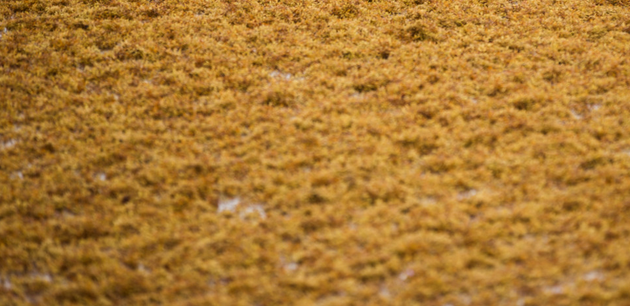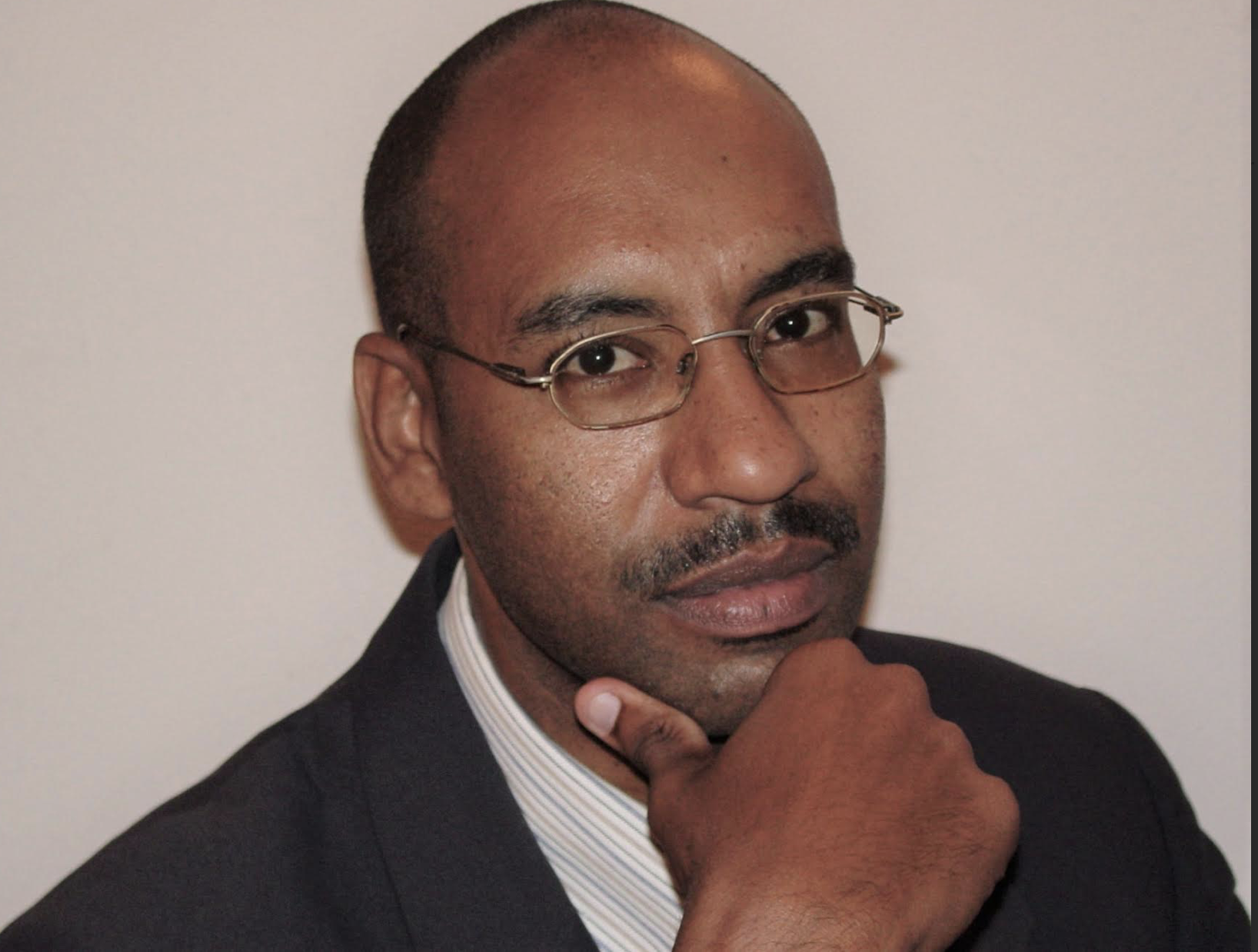
Introduction:
The recent showdown in Southern Algeria with Jihadist militants has shown once more that globalisation is not just an economic phenomenon, but once that crosses religious, ethnic, cultural and other social conflicts… Globalisation is more so about the movements of people, of the shift of world-leading thinkers and artistes – and the super-rich – to places that previous generations could only think of.
However, this mass movement of people is not just the smooth shift that most liberals would have us believe. It is also about Samuel Huntingdon’s Clash of Civilisation theory. Although heavily criticised, at least on one point Huntington was right: the more we become globalised on a macro level, the more conflicts there are – and will be – at a micro level.
Recently at a diner party of a small group of Barbadians, men and women, all of whom came to Britain in the late 1950s and 60s, one woman, who came as a young teenager in the 1960s, said that she had a perception that racial conflict in Britain was getting much worse. It was an incredibly perceptive observation. This is also my experience, as someone who had actually seen in shop windows in Kensal Rise in North West London advertisements for rooms saying: No blacks, no Irish, no dogs.
Even then the racial tension that is felt every time we leave our homes was not as explosive as it now is – whatever the liberal voice may say. Before he left office, Fred Greaves published a superb Green Paper on immigration, which was quietly kicked in to the long grass. I firmly believe that in time, future generations of Barbadians will come to regret this ill-thought out decision by our current political masters. It was also a huge insult to Fred Greaves, whose style may not be to everyone’s taste, but whose integrity as a public servant could not be questioned.
However, it is important to play the ball and not the man, and the issues raised in the immigration Green Paper are crucial that speak right to the issue of Barbadian-ness and what it means to be a Barbadian. Once we have determined the question of who are we; unless we know who we are and the vision of what we want to achieve, then the future will remain foggy and uncertain.
Are We Alone?
We can draw on a number of other examples of how other nations have integrated their new citizens and residents, from the way the Germany treated the Turks as ‘guest workers’, denying them citizenship; the way Central Americans treated people from the English-speaking Caribbean as ‘aliens’, again refusing to allow generations of ‘Caribbean’ citizens in Costa Rico, Nicaragua, and others from voting, to the way the US treated pre-war Japanese, the history of immigration is dotted with numerous examples of inhumanity.
Then, we have more recent movements such as the UK, France, Canada, and others, who have given full citizenship to new comers, after a long and protracted struggle; then there is the US, which gives citizenship, but with conditions; and, the Dutch, who opted to prevent large concentrations of the Moluccans. The reality is that like Don Blackman said years ago, demographics change everything and if the Barbados you want to experience is the one you knew and loved, then how the nation changes is centrally important. Put simply, it is not in the remit of politicians to enter treaties or agreements, nor of civil servants to grant work permits to people who are not like us. Although Barbados has a long history of immigration and emigration, the new net inflow can put enormous strain on jobs, social services, housing health care, transport and, in time, make demands on our society that are not acceptable. We may find ourselves celebrating religious Holy Days that do not somehow fit in with our traditions, or public signs in languages that we do not recognise, or New Barbadians having schools that teach young people from the earliest age that they are different and better than the native people.
In time, this exceptionalism will lead to contempt and then to violence. We only have to look to Bradford in the North of England, or Whitechapel in London, or Durban in South Africa or the suburbs in Paris, or Mombasa in Kenya, to see an example of how ‘strangers’ can transform entire areas.
In Britain we have seen the same changes with the Caribbean community: Brixton in South London, which is like little Kingston, Norbury, a few miles away, like little Georgetown, Reading is like little Bridgetown.
The point I am trying to make is not that change is not good, or that ‘diversity’ is not something we should welcome, rather, it is that unless the people have endorsed the changes somewhere down the line they could lead to all kinds of trouble. In other words, it is not for politicians to change the make-up of our society without consultation.
Population Growth:
There must also be a national conversation about reproduction rates, given the expanding population and in particular the growing number of people per square mile. In 1931, the population was 156,312, which grew to 192,800 in 1946, and it was felt then that the island was overcrowded; by 1960, it had grown to 232,327, and it is now between 280,000 and 300,000 – no one is certain.
By any measure it is too much for an island just 166 sq miles; this means we must give serious consideration to the size of families, and, even more urgently, the number of dependants we allow in on the ticket of a single provider. Can we continue to allow New Barbadians to have families of seven and eight children, with dependant elderly parents and arranged marriages with partners coming from outside the Caricom/CSME region? Such demographic changes are storing up enormous social problem within the next generation or two.
It would be irresponsible for our current leaders, based on a flawed liberal/social democratic model of social, religious and ethnic integration, to impose on future generations of young Barbadians a culture that is completely alien to anything in their grand national tradition.
It is flattering to think that people from all over the world think our island home is a wonderful place to settle. But at what price? I often wonder if I were English if I would tolerate the way Britain has been transformed over the last fifty years.
There is nothing universal or compelling about such developed nation models of diversity, and although they may work in a certain way in great cities – London, Paris, New York, Los Angeles, Toronto – that does not mean they will work equally tolerably in small island-states. Further, there is no objective evidence that such an integrative model works in reality in any city at all, certainly not in London.
A number of social factors work to hide the flaws and tensions in such a model. First, often when minorities have the numbers that they can form communities within communities and they withdraw from mixing with people from outside their groups, apart from work and the public space. Not even in places of worship, as Caribbean Anglicans have been finding out to their cost since the 1950s.
One observation I often make, which brings a smile to my face, is that though the majority of Irish and Polish in London are Roman Catholics, they attend service in the same churches at different time. If the Catholics go to morning mass on Sundays, the Polish go to evening mass. I also remember spending one Xmas at a guest house in Rockley, owned by a retired optician, and overheard his house guests talking about Barbadians in a rather disparaging way. The assumption was made that because I lived in London I was no longer a Barbadian.
Northern Ireland stands as a good example of how two communities with a common Christian culture, separated only by Protestantism and Catholicism, yet for over forty years have been rioting in the streets and murdering each other because of the perception of being disadvantaged by either group. It is generally estimated that by 2050 the world population will grow by 50 per cent, from just over six billion to over nine billion. So, it is fair to assume, that Barbados, with a population of between 280,000 and 300,000, will grow by between 140,000 and 150,000, giving us a population density of between 1687 people per square mile and 1807. By any reckoning those figures are huge, making us one of the top ten most densely populated nations on earth.
Restrictions:
I believe tough restrictions should be put on all non-Caricom immigrants in the first year, with no benefits payable under any condition and the head of the household having to pay the cost of all state benefits, including health and education. After the first year, benefits will be incremental, depending on the number of people in the household working and their contributions to national insurance and property tax.
I believe that one must be born a Barbadian to be eligible to be a member of parliament or to hold the highest offices of state, a restriction the US imposes only on the president, but there should be other offices. We also have to consider the technical difference between right of residence, citizenship and nationality, along with the right to vote if one is resident overseas and to hold dual nationality – Australia/US/Trinidad/Guyana (at one point)overseas voting, taxation, dual nationality.
Analysis:
Immigrants do not just pack their suitcases of clothing and travel, they bring with them a hidden baggage, the invisible cultural beliefs and values, that will, in time reveal themselves. So, although someone may, for example, come from the backwoods of Africa or the tribal lands of Pakistan, or the home counties of England, to a small island-state with its own inward-looking values, in time the New Barbadians will want to assert themselves – certainly, if not the first generation, then the following ones.
They too want to be proud of their heritage, of their ethnicity, of their religion, of where they came from, just as black Barbadians want to assert their Africanity, and white people their European-ness. With good fortune, these different pathways could merge in a hybridity that defines what it means to be a Barbadian, not the cultural illiteracy that says that Admiral Nelson’s statute should not stand in the centre of Bridgetown because it mis-represents us. No, on the contrary, Barbadian culture is made up of the Irish and Scots and Welsh and English and African – all worked in some way in the burning heat to turn the wildland of Los Barbadoes in to a most habitable place. However, since constitutional independence, Barbadians are in danger of losing faith in our major institutions, including the educational system, the courts and the police, to take further risks with New Barbadians corrupting their way in to the very heart of the nation.
As a nation, we have not done a cost/benefit analysis of ethnic and religious diversity, nor indeed the social policy implications of this radical demographic change. Historically, Barbadians have always been close to some Guyanese, Kittitians, St Lucians and Dominicans, but we share a lot historically and culturally with these nations. We also have to worry about our national reputation, as the Canadians have warned us, and not allow the wealthy to hide their money offshore in our country by being tax fugitives. The rich and famous seeking refuge in our island home must be open and transparent with their home-based tax authorities – and also with the Barbados authorities. We as native Barbadians, need to reclaim our island home. This is an issue that should be at the heart of the general election campaign.






The blogmaster invites you to join and add value to the discussion.